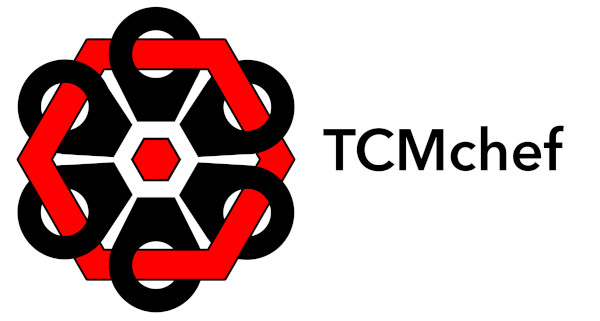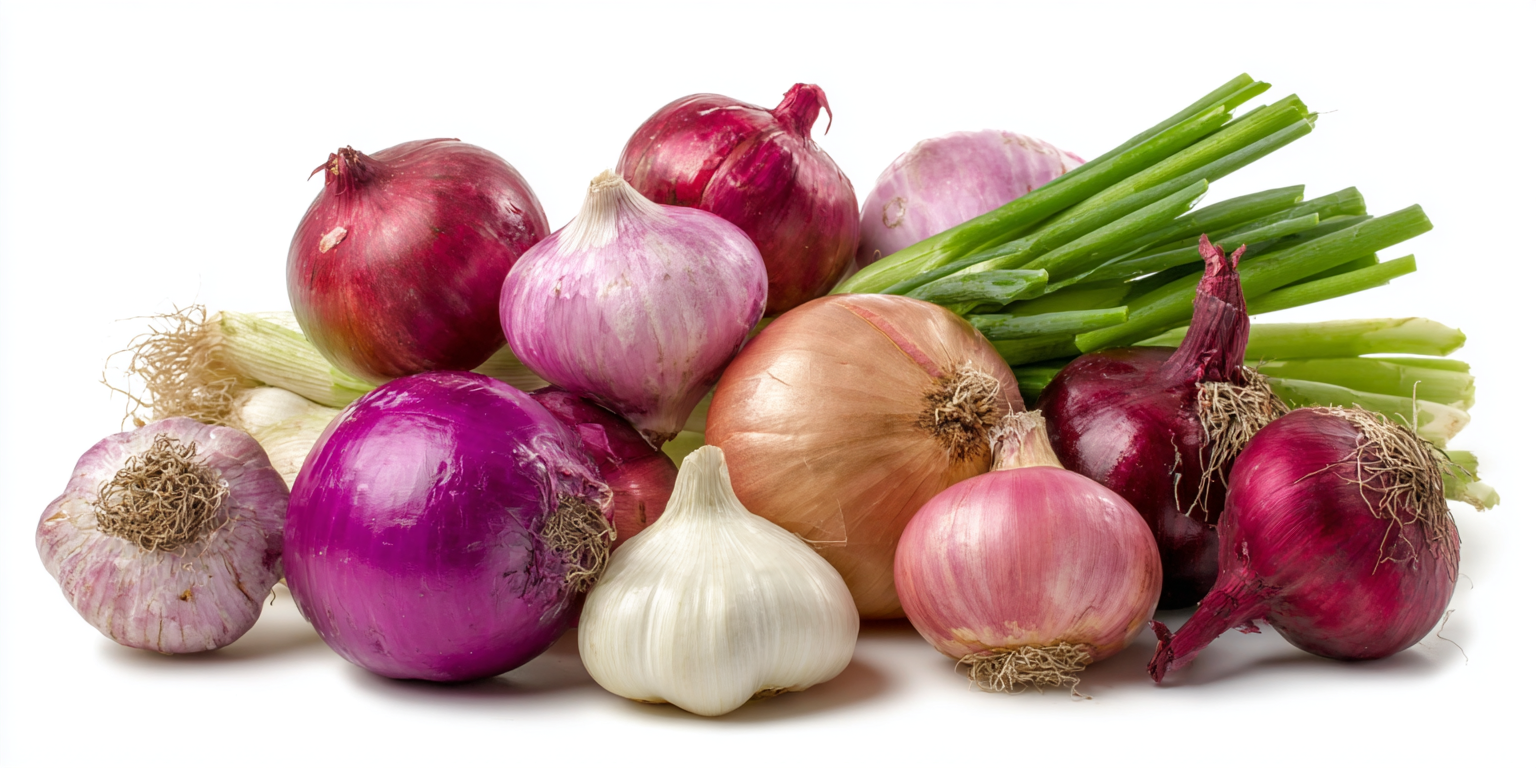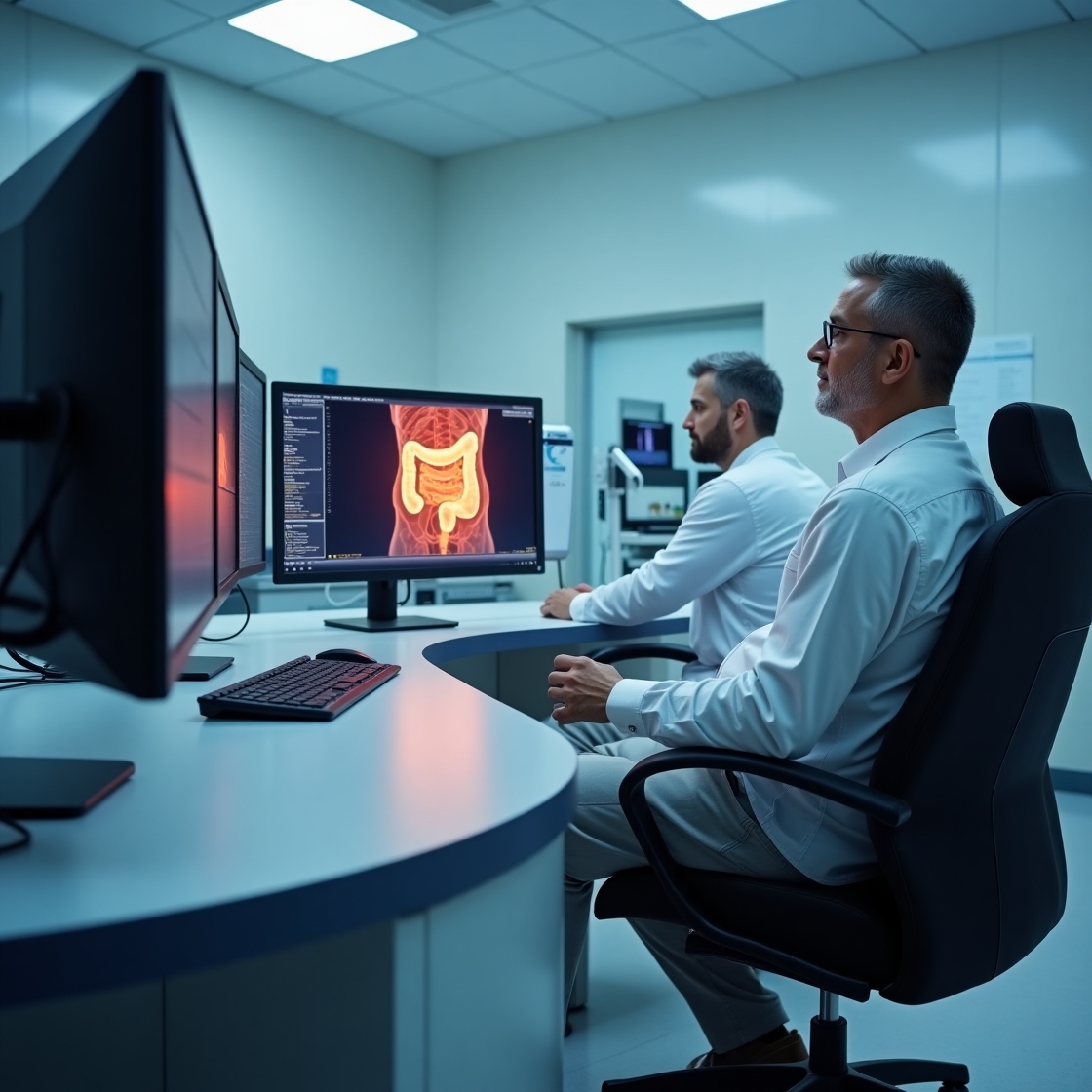breakthrough: antihistamine for cancer treatment
We are on the brink of scientifically understanding how over-the-counter (OTC) medications like Benadryl, an antihistamine, can benefit cancer treatment.
Or how proton pump inhibitors (PPIs) change our DNA. We know that the consumption of artificial foods laced with chemical sweeteners and nitrates impacts our gut microbiome and damages our DNA. With the implementation of AI in medical research, we can “overlay” multiple studies and results from all corners of the world, receiving suggestions that shortcut expensive and time-consuming research. The early findings of such methods already provide us with conclusive evidence that reflects earlier suspicions about health impacts we know of, but currently can’t be steadfastly proven.
Being a total health food geek and emerged in reading up on science discoveries – especially on the topic of human digestion and the effects we experience – I have put together another blog that will make some head spin, gently overstep the scientific ethical boarders and spin off on some thoughts that could soon be a validated reality for cancer treatment.
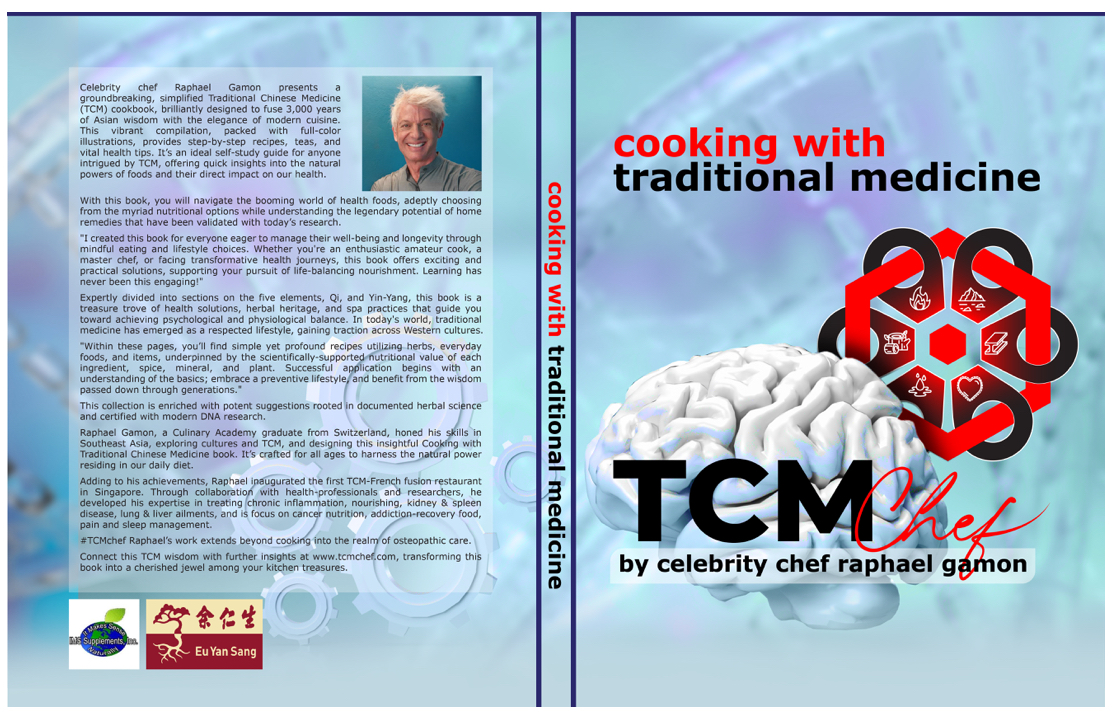
Some of my perspectives are shared in my new TCM cookbook that was released on July 4th, 2025, during a time when politically, the US Department of Health is helmed by a controversial individual: Robert F Kennedy Jr.’s many propagated misinformations include the false notion that vaccines are linked to autism and neurological disorders. His exaggerated claim about declining sperm counts is weaving a narrative that undermines the public trust in science. We live in a world where squashing science to validate your absurd ideas has become a horrible reality that will have deadly consequences.
Being informed is the only way to stay sane, confident, and with the clarity that the truth always sustains these short flickers by people propagating junk science, slowing down research, just for their short-lived amusement.
Take Benadryl, for example: Known generically as diphenhydramine, it is sold as an antihistamine. On a molecular level, it works by blocking histamine receptors, specifically the H1 receptors, in your body. Histamines are chemicals your immune system releases during an allergic reaction, and they latch onto these receptors. By blocking them, Benadryl helps reduce the symptoms of allergies, like sneezing, itching, and a runny nose.
Benadryl was developed in 1934 and came onto the US market in 1940 and for three generation it has been prescribed by parents to their offsprings without any updated regulations; just based on approval by a patent during a time we did not even know what a DNA helix (1953) was, or that Helicobacter Pylori cause ulcers. Until 1980, when nutrition was taught in universities, the claim was that spicy foods and stress cause peptic ulcers…
Benadryl or Sominex, Nytol or Unisom’s initial approval predates many of today’s rigorous standards.
About ten years ago, some of the pharmacological actions of over-the-counter (OCT) drugs and their direct impact on human health triggered some researchers to revisit the bioscientific studies of regularly consumed drugs taken by many, in all stages of life. Benadryl can cause drowsiness, reduce saliva production, dizziness, upset stomach feeling and blurred vision. But could it contain an unknown benefit?
Benadryl acts as an anticholinergic, meaning it blocks acetylcholine, which plays a role in various bodily functions, including muscle contractions and memory. When it comes to cancer, research has shown that acetylcholine can influence cancer cell growth and metastasis. Some of these cancer cells have receptors for acetylcholine, which can, in certain cases, stimulate their growth.
Let’s focus on how the cellular mechanism of consuming diphenhydramine might impact the efficiency of cell death (apoptosis) processes, especially in colon cancer. To date, there is no conclusive evidence presented, yet the “AI indicators” point towards an understanding that taking Benadryl is a good option for cancer patients. Besides suppressing the H1 enzymes, it might boost a protein called P53. I’ll circle back to this…
Histamine attaches to receptors in your body and sets off a chain of actions, causing allergic symptoms, so blocking those receptors with antihistamines can bring relief.
Let’s add to this blog topic our immune surveillance. RAS (rat sarcoma) is the body’s own “neighborhood watch,” always on the lookout for troublemakers like cancerous or virus-infected cells. This system plays a critical role in maintaining health by identifying and eliminating potentially dangerous cells before they become a serious threat (apoptosis).
Apoptosis is like a self-destruct button for damaged cells, preventing them from becoming cancerous. When this process is faulty, those aberrant cells survive, proliferate, and form tumors. In colon cancer, several pathways controlling apoptosis can be impaired. These impairments might involve the tumor suppressor genes like TP53. P53, known as the “guardian of the genome”, regulates the cell cycle and prevents the proliferation of cells with damaged or mutated DNA. When DNA damage is detected, P53 can initiate repair processes (calls for T-cells to fix the problem). They then pause the cell cycle for repair, or signal for apoptosis (programmed cell death) if the damage is irreparable. This helps to prevent cancerous growth.
Cancer cells upregulate telomerase, the protective caps at the ends of our chromosomes. Without them, they get shorter with each cancerous cell division, and P53 would flag them as problematic. But some cancer cells “reactivate” the telomerase, which renders the tumors immortal. By keeping these telomeres long, cancer cells can continue to divide and grow uncontrollably.
Emerging research is delving into the possibility that antihistamines might also have effects beyond just calming allergies. Some scientists are considering how they might influence immune surveillance. To simplify, a sneaky cancerous cell, appearing normal length, can signal to the RAS (neighborhood watch) that everything is orderly here (immunosuppressive action). This results in reduced p53 protein response (the one making the decision for the cell to be fixed or self-destruct). Normally, they would call for T-cells (workers) to fix these cancerous cells or initiate self-destruction. Antihistamine treatment can reverse this immunosuppression: This way, the RAS receives information of cancer formation and lets the P53 know there is a problem, and they call for T-cell interaction, or destruction, which we frame as “initiate immunotherapy response”.
The fascinating current findings show that some cancer cells express histamine receptors, which enable them to pretend everything is “fine”. Antihistamine interactions with these receptors could potentially impact cancer treatment. These medications are known to be involved in various immune responses, and suppressing them could theoretically boost the immune system’s ability to spot and destroy harmful cells without chemo treatment.
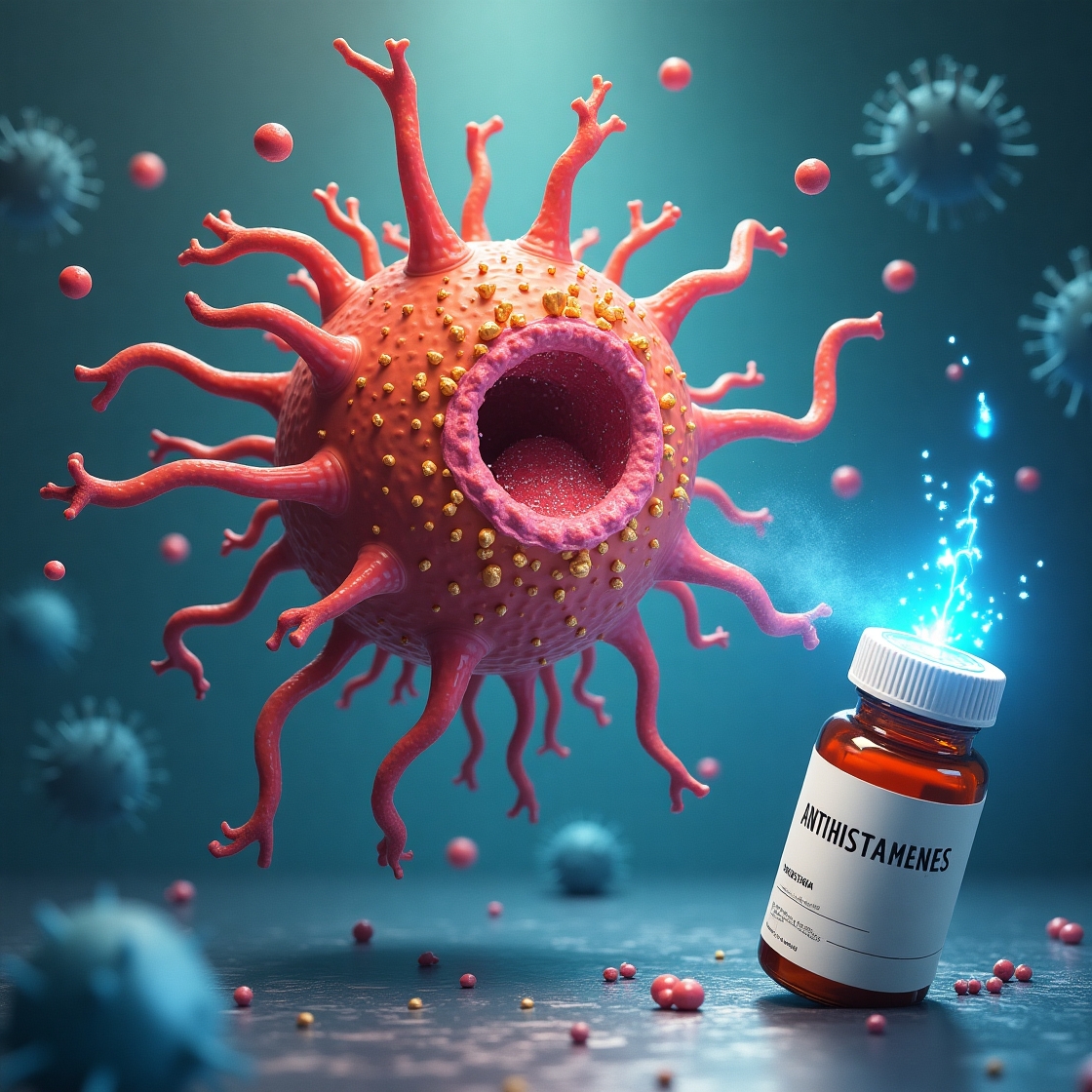
However, this field of molecular biology is still in its exploratory stages. Researchers are trying to figure out exactly how significant this effect might be and what it means for long-term usage of antihistamines. So, while there’s no definitive answer yet, it’s an exciting area for future discoveries. Targeting telomerase activity is a promising therapeutic approach in oncology.
Regarding the colon’s susceptibility to cancer, the colon is a part of the digestive tract where a lot of cellular regeneration occurs due to constant exposure to digestive activity, dietary elements, and various bacteria. This high turnover rate increases the likelihood of DNA replication errors, resulting in greater vulnerability to mutations that can lead to tumors.
Early AI results furthermore seem to indicate more research could confirm that other “old” medications could lead to faster research development, and with being able to combine vast information on many levels of biology, we can conclude faster benefits and corrective measurements on the topic of health and preventative treatment.
I conclude for today that taking Benadryl frequently will have little negative impact on most of us. However, if you take it regularly, are over the age of 45, and know of your family history around cancer, I would stay away from consuming it. Adopt a holistic lifestyle by consuming foods high in natural essence that can achieve the same allergenic relief.
Below are a few suggestions to consider in your diet.
– Quercetin: Found in apples, onions, and berries, quercetin is a natural flavonoid that can help with allergies due to its anti-inflammatory properties.
– Vitamin C: Found in citrus fruits, bell peppers, and broccoli, it acts as a natural antihistamine by reducing the amount of histamine your body produces.
– Butterbur: This is a plant extract that has been shown to have similar effects to antihistamines for allergy relief without the side effects.
– Stinging Nettle: It’s a natural remedy that can be used to relieve symptoms of hay fever or allergic rhinitis. It makes for a delicious tea and helps sleeping restful.
– Probiotics: Good gut health can impact allergies, so foods like yogurt, kefir, and fermented foods like cheese, kimchi, and beer (not kombucha) can be helpful.
– Broccoli Sprouts and Cruciferous Vegetables: They contain sulforaphane, a compound that can enhance the function of P53, promoting the repair of damaged DNA and inhibiting cancer growth.
– Omega-3 fatty acids: Found in fish and flaxseeds, may reduce inflammation and influence gene expression.
– Lycopene: Present in tomatoes, may help suppress P53 mutations and support healthy cellular growth.
As for why these older medications are still being widely used, it generally comes down to accessibility and habit. Many people turn to over-the-counter options because they are readily available, familiar, and provide fast relief. Plus, not everyone is aware of the potential side effects or long-term risks, or they may not have explored natural alternatives – yet.
TCMchef Raphael

